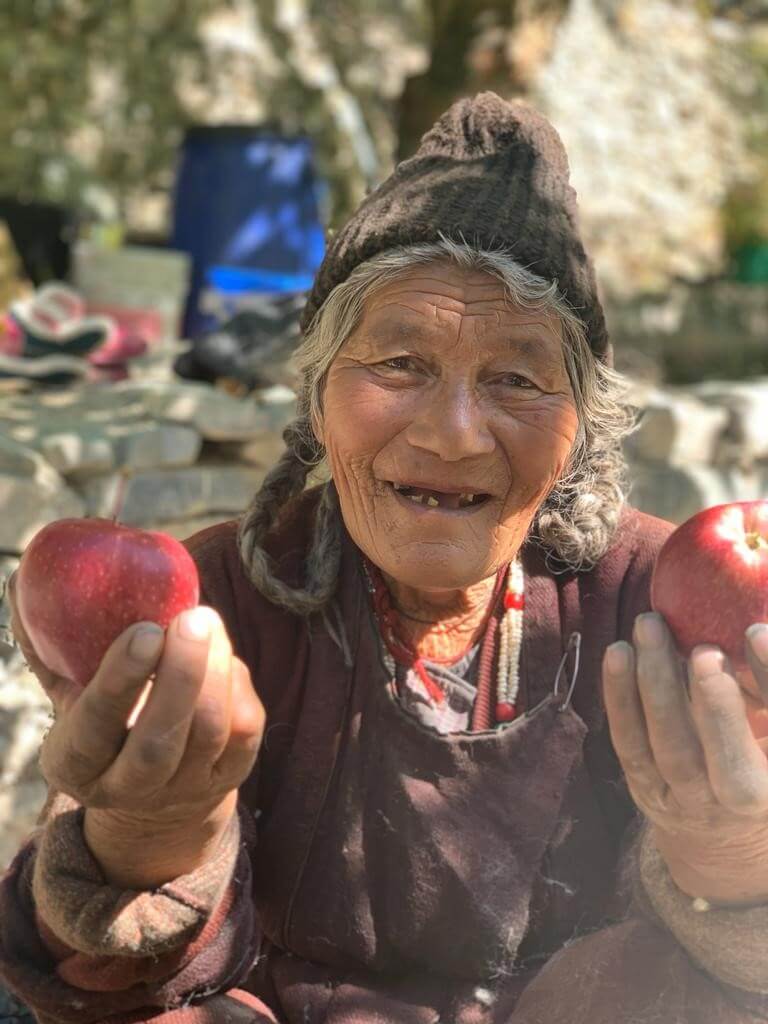As humans are quickly consuming resources, it is feared that these resources would be exhausted in the near future. It is here that the concept of sustainable solutions comes into picture. Sustainable solutions refers to practices which can reduce the over consumption of resources.
The festival season has set in full swing. You may be ready for the Navaratri, Durga pooja, Dussehra, Diwali, Guruparb, Christmas, New year and many more.
With festivals come environmental perils. Surveys by government and non-government agencies point out significant increase in water, air and noise pollution during and just after festivals. Though some environmentally conscious individuals and organisations now practise and promote eco-friendly celebrations, much more awareness and action is needed.
The celebrations should not harm, hurt or disturb patients, children and our ecology. After festivals like Ganesh Chaturthi and Durga pooja, the immersion of idols made out of plaster of paris (PoP) and non-biodegradable material causes significant water pollution. PoP is a compound of gypsum, sulphur, phosphorus and magnesium. Chemical paints contain toxic compounds, including mercury, cadmium,lead and carbon. Immersion of idols with such poisonous and toxic elements raises the level of acidity, solid matter, organic matter and heavy metals in water bodies. These materials don’t dissolve readily. On the contrary, they silt the water bodies and lower the oxygen level in water, adversely affecting aquatic life.
In 2010, the Central Pollution Control Board (CPCB) framed the guidelines for immersion of idols, offerings and other worship materials reaching in the water bodies during the festival. The guidelines emphasise the use of natural materials in pooja as stated in the old religious scripts. The CPCB guidelines include immersion guidelines for local bodies/ authorities and also define the role of state pollution control boards.
Noise-induced hearing loss is irreversible. Bursting firecrackers, especially during the Diwali week, and the use of loudspeakers at pooja and garba venues are the biggest sources of noise pollution during festival season. Besides, fireworks emit toxic fumes and particulate matter, which increase the level of air pollution. The Ministry of Environment and Forests and the CPCB have framed rules and regulations on the use of loudspeakers and have also banned the manufacture, sale and bursting of fireworks generating noise pollution. In absence of public awareness and strict implementation of the rules, the desired result has yet to be achieved.
Following sustainable solutions we can use for enjoying the festival celebrations without harming nature.
- Green idols: Metal, stone or unbaked clay idols are good for both environment and worship. Don’t buy idols painted with chemical colours or those having non-biodegradable material like thermocol and plastic as decorations. You can make symbolic idols yourself by using clay or mud from your home. For colouring them use natural colours like turmeric, chandan, kesar, kumkum, etc.
- Green decoration: Use paper flowers or natural flowers for decoration. Decorate the festival venue with reusable items or biodegradable materials like cloth, paper, decorative plants and leaves, bamboo, etc.
- Use natural colours such as turmeric, henna, rice powder and gulaal for making rangoli.
- Spread flowers and other biodegradable material used in worship on the topsoil around plants or trees. They can also be composted for your garden. If it is a must to immerse the stuff, wrap them in newspapers instead of polythene bags, as paper is biodegradable.
- Save energy: Switch on decorative lights when necessary.
- Use compact fluorescent lamps (CFL) and LED lamps to save electricity.
- Cut noise pollution: Avoid playing loud music.
- Loudspeakers should be played between 6a.m. and 10p.m. only.
- Avoid bursting firecrackers or use fireworks that make low noise and low smoke.
- No plastic: Discourage the use of plastic bags for carrying prasad or disposing of the offerings.
- Use natural plates like banana leaves instead of plastic plates for distributing prasad. Use recycled paper sheets and boxes for packing gifts.
- 3Rs: Practice the principle of Reduce, Reuse and Recycle to cut down on the amount of wastes produced during festivals.
- Purchase food and drinks that are environmentally friendly as much as possible, such as fair trade coffee, organic and locally grown foods.
- Encourage festival goers to minimise water wastage. Use taps which turn off automatically when not in use, e.g pump powered taps.
- Provide waste water containers so that contaminated water is not poured on the floor.
- Instead of using water bottles, use the local water for drinking if it is suitable for drinking.
- Consider water recycling to reduce the draw from mains supplies. There are now modular systems available to hire for temporary events which can turn wastewater into non potable water during the event. There are onsite permanent systems adopted by many festivals such as reed bed and other natural processes.
Finally, I want to say if we really want to enjoy the festival then it must start with nature, without nature today we are not here to celebrate.

